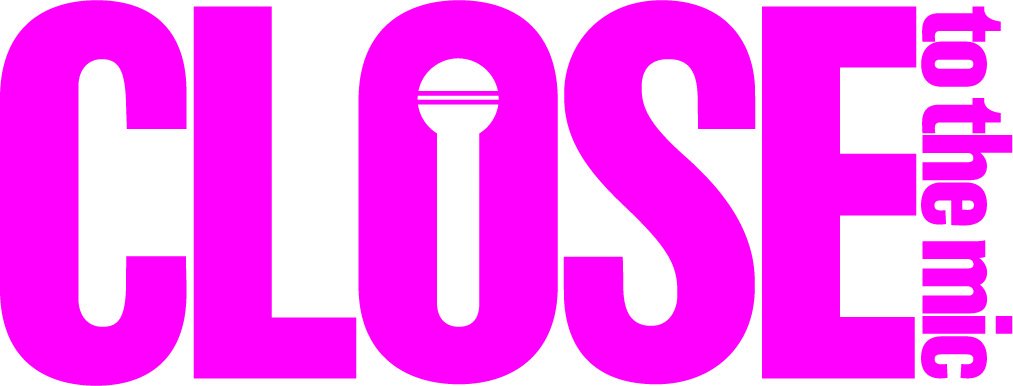$$$Money, Money, Money in The Pineapple Project
“Poor thinking is about spending our money typically in an attempt to make ourselves feel better, or make ourselves feel more important.” ~ Dr. Brad Klontz
Can money make us happy? How do our emotions and experience of money from our childhoods drive our attitudes to it? And why is it that those with plenty of money find a way to make more, while others seem to repel it?
Money can solve problems but will having more of it lead to greater happiness?
A looming financial crisis is enough to make you retreat into a deep dark hole. It’s a reminder of the importance of not just how you spend it, but also how you save your money.
In ABC’s The Pineapple Project hosted by comedian, Claire Hooper, you’ll hear tips on budgeting and making your money work for you, why different views on money can ruin relationships, to tips for getting your foot in the housing market, and why our ‘money personality types’ have the potential more money into our lives.
In the first episode of The Pineapple Project, Dr. Brad Klontz says our beliefs are passed down in our family systems and can also travel with us through future generations.
“Poverty can be a traumatic experience for many people you could have the belief that there will never be enough money…”
He says if there is strong emotion attached to money, this will influence whether that person will find it difficult to spend money, or even go into scrooge-mode. But there are people who will also spend as fast as the money comes in.
But there is hope, and Klontz says our behaviour can change. This will be easier for those who have less of an emotional connection with money.
Shopping up a storm can help relieve anxiety, but it will deplete your bank account.
So what about the idea that the richer get richer? How do they do it, and why is it not easy for the everyday person?
“The false beliefs we have about rich people is that they spend their money, and they buy these lavish things. Rich people think about saving money, actually,” Klontz says.
“Wealthier people are often striving to become wealthier, so they never really feel like they’re comfortable [or that they have enough] so it’s often driven by that fear.”
Klontz says there is also a rich and poor mind-set, or way of thinking.
“Poor thinking is about spending our money typically in an attempt to make ourselves feel better, or make ourselves feel more important. Or we’re somehow repelling money because it makes us believe that we’re somehow greedy or corrupt for wanting it. “
But all is not lost. Klontz says it is possible to change our habits and attitude to money.
Beyond resisting online spending and cyber sales, he says family history can allow us to see patterns of behaviour that may have been passed down through the generations. He adds that some people will experience “a light bulb moment” when they realise this. That’s when change can gradually take place.
Those with strong emotion attached to money may have to work harder to change their attitudes and habits.
Listen to the podcast to find out more.



